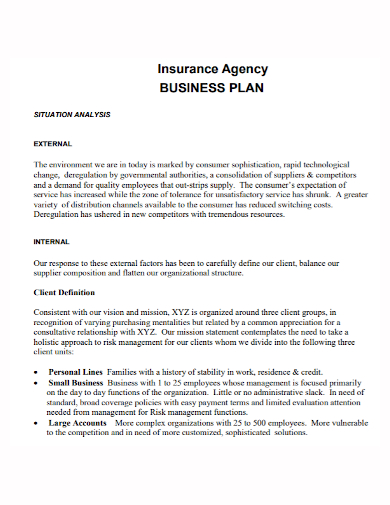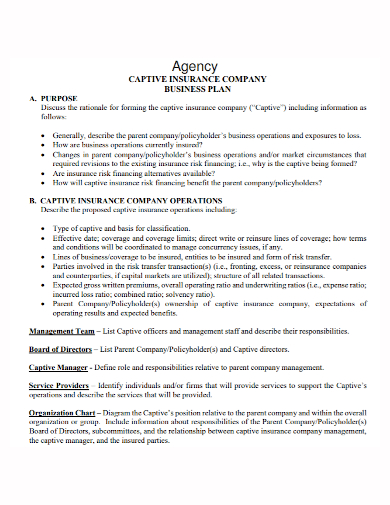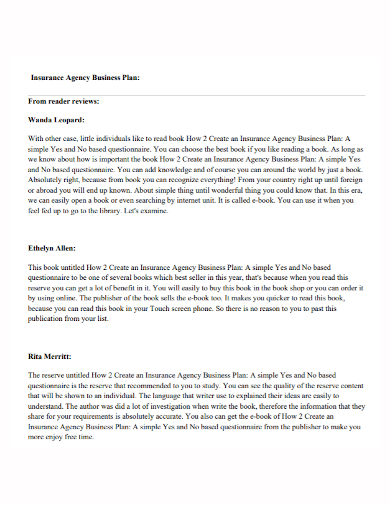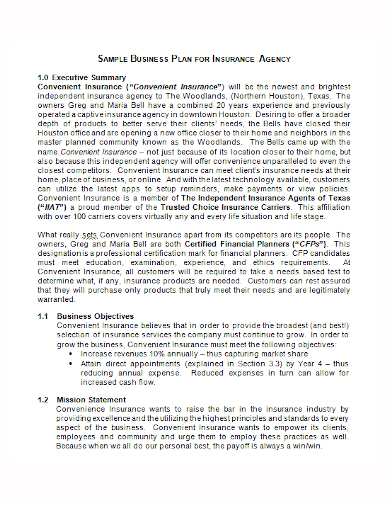Establishing a business is already hard enough. Trying to run a venture making it work, that’s a different story. An even more difficult one too. Keeping track of your business making sure that every single component is taken into account can be very overwhelming for most. That is why a lot of esteemed business owners opt to create a proper comprehensive layout for their business. And you should too. Regardless of your venture’s status, whether it’s a startup or not, a well laid out plan will keep you and your whole company in the loop to make sure that every component of every business operation is covered. Being able to plan ahead of time is always good business practice since it essentially helps you prevent from wasting any more valuable time and resources to ventures that do not really work. This document is called a business plan, and business plans go massive lengths into making sure that your venture is a success.
Business plans are documents that any business must have to establish their own guidelines that they can follow to reach the milestones that they have set for themselves. Trying to run a business without a business plan is generally a really bad idea, since it would just mean that you’re diving into a venture completely blind. You’re essentially setting yourself up for failure if you do this.
Insurance agencies are businesses that are slowly making its mark in society. In a world full of property that can be subject to accidents or unfortunate events, properties like cars, houses, real estate, even own healthcare, having something to fall into in times of crisis can be very important. Insurance agencies are essentially companies that sell their own products in exchange for compensation. For example, if you have your car covered by insurance, then any damages incurred to the vehicle will be paid for by the insurance company. In short, it’s something that can be very valuable, especially in keeping your property safe. With the constant influx of properties and valuable personal belongings being sold on the market, it’s no surprise that people would want to protect their properties. That’s why insurance agencies are slowly making its way into the mainstream, if it’s not already there. This would also mean that demand is very prominent, and what tool best to use when taking advantage of a demand, other than a well written insurance agency business plan.
A well written business plan can go massive lengths for your business. It gives you exactly the things you need and more, when you need it, and how you need it. Acquaint yourself with the document first before writing it by checking out these insurance agency business plan samples that we have listed for you down below. Once you are quite familiar with the document, feel free to use these samples as guides or even as templates for when you want to draft your own business plan.
4+ Insurance Agency Business Plan Samples
1. Insurance Agency Business Plan Template
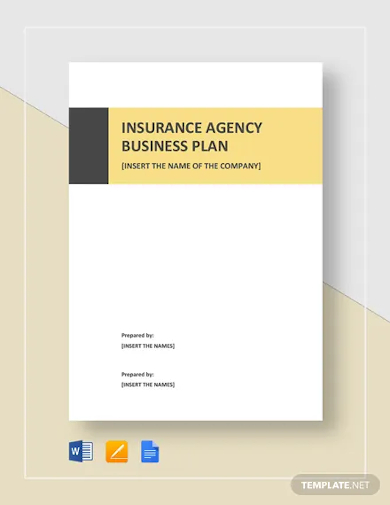
2. Insurance Agency Business Plan
3. Insurance Agency Company Business Plan
4. Sample Insurance Agency Business Plan
5. Business Plan for Insurance Agency
What Is an Insurance Agency Business Plan?
An insurance agency business plan is no different from regular business plans, in fact, it’s just a regular business plan, only drafted specifically for insurance agencies or businesses of the same kind. It’s essentially a written document that highlights how a business defines its own objectives and what initiatives are the management willing to take to reach the goals that they have set for themselves. It’s a guideline that the company can follow depending on the point of view of its different departments like marketing, financial, and operational. Business plans can prove to be extremely useful tools, especially when it can also be used as a medium to attract potential investments and business partners even before the business has been properly established.
It’s a good way to secure additional funds for your venture early on, help you put down the foundations that you need to become a successful venture. Even if the document can work wonders for new businesses and startup companies, every business are encouraged to be able to come up with their own business plan, regardless if they are startup or not. A well written document will give them a tool that they can periodically inspect and update to see how close they are to achieving the goals that they have set for themselves, and how the circumstances that they have been working with has changed with time. Business plans should be able to highlight the estimated costs and projected outcomes of the venture, as well as inspect the pitfalls that might come with every decision that the management has made or will make.
Despite being widely used in the corporate and business industry, it’s pretty rare to see two business plans from two different companies to be completely identical. That’s because companies typically have their own unique way of dealing with problems, and they also tend to have different problems overall.
Elements of an Insurance Agency Business Plan
The length of a business plan depends heavily on the nature and the scale of the business that the document will cover. Though it is pretty common for business plans to be around 15 to 20 pages in most cases. And even if every business plan is completely unique from each other, they still operate with almost all of the same elements. These elements will be listed and discussed in more detail below.
- Executive Summary
Your business plan should open with an introductory paragraph that talks about the company and all the information related to the company’s mission-vision values, company leadership, employee operations, and the general location of where the business is. The executive summary should talk about what the company really is and what it ultimately stands for. The overall nature of the business, and other introductory information that has to be present. - Products and services
The company should enumerate the products and services that they are offering in this next section. Include the list for pricing, product lifespan, duration of services, other customer benefits, factors like manufacturing and production processes, as well as the patents and proprietary technology that the company has. - Market analysis
A business needs to have a perfectly clear understanding of what its customer base is and their respective demographics. Communicate with your customers to be familiar with what is it they really want and how well you can provide for what they need. Proper market analysis will give you an idea of who or what your competition is, and how you can stay ahead of the competition. If you have no idea what your target customer base is, then I suggest you take yourself back to the drawing board. - Marketing strategy
Once you’re done analyzing your market, identify the strategies that you will take to make sure that the customer base is continuously engaging with you and your business operations. Attract the customer base by highlighting a clear distribution channel that includes the marketing and promotional campaigns that you will put in place, and through which mediums will work best when circulated. - Financial budget
A business plan should have a section dedicated to its financial planning and overall budget. Financial statements, balance sheets, and other financial details will be included in the financial budget section. - Budget
While costs, staffing, manufacturing, marketing, expenses within your business, and other details regarding the company’s budget will be present in this section.
FAQs
Do insurance agents make money?
Insurance agents earn money through the commissions and fees based on the policies that they have sold. These are usually percentage based amounts.
What are the five elements of a business plan?
- Situation analysis
- Market definition
- Product positioning
- Setting objectives
- Strategies
What are the highest paying insurance jobs?
- Actuary
- Insurance Claims Adjusters
- Insurance Underwriter
- Risk Analyst
- Financial Analyst
One last thing to remember about business plans is that these are live documents. Meaning that a the writing process of a business plan does not end when you’ve put your components into paper. As long as the parameters established by the business plan is still in use then the business plan itself is still continuously being updated and revised. Changed depending on how the circumstances and the business itself has changed.
Related Posts
FREE 10+ Food Catering Business Plan Samples
FREE 10+ Advertising Agency Proposal Samples
FREE 9+ Security Proposal Samples
FREE 4+ Used Car Business Plan Samples
FREE 16+ Coffee Shop Business Plan Templates
FREE 10+ Agency Statement Samples
FREE 10+ Car Wash Contract Proposal Samples
FREE 9+ Business Plan Profit and Loss Templates
FREE 9+ Travel Agent Job Description Samples
FREE 9+ Crisis Plan Samples
FREE 9+ Sample Insurance Agent Resume
FREE 7+ Sample Insurance Agent Job Description
FREE 23+ Business Plan Samples
FREE 10+ Insurance Business Plan Samples
FREE 41+ Sample Business Plan

